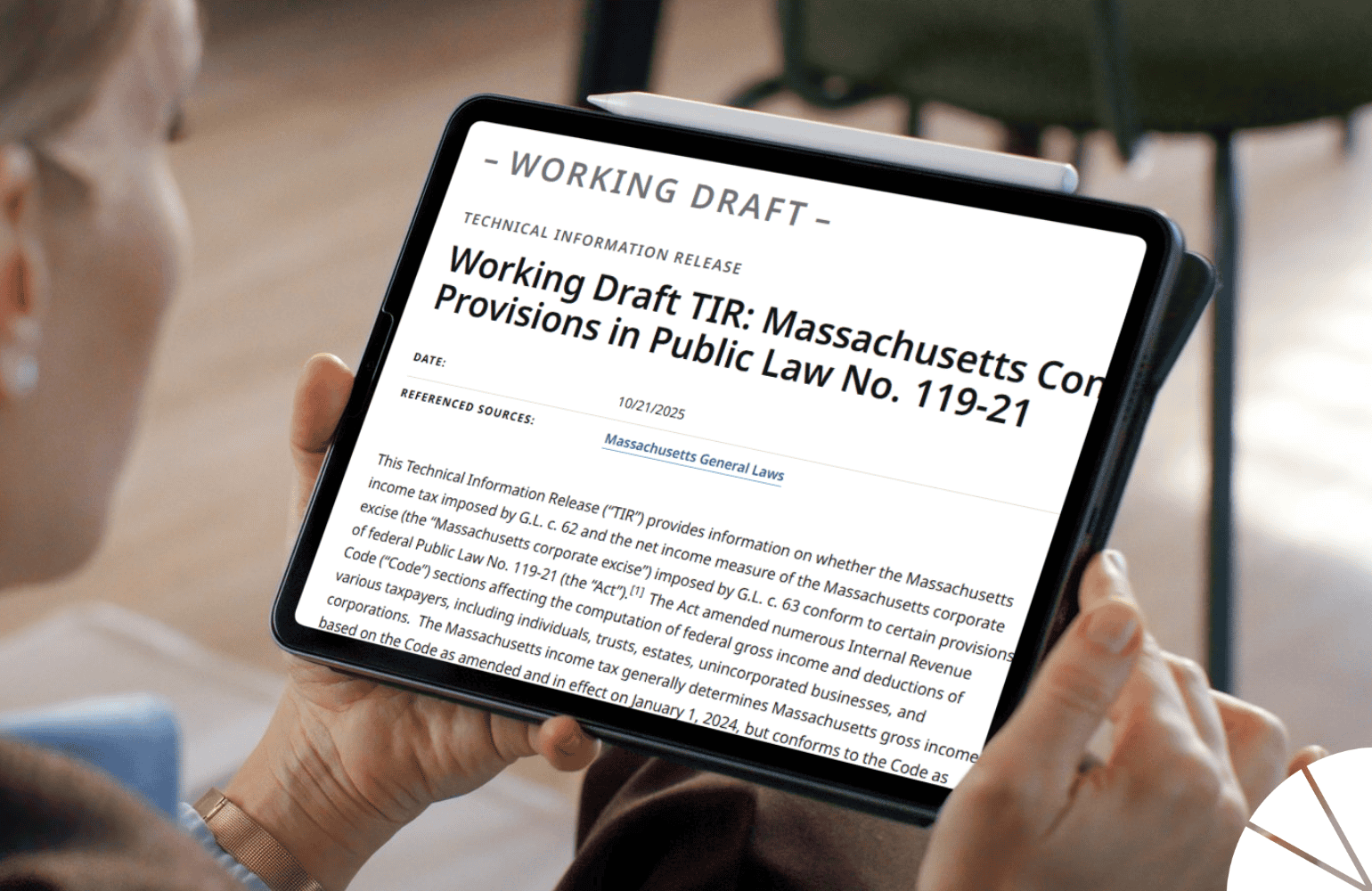
The following article is from the latest edition of LGA’s financial newsletter, “What Would Jeff Do?,” written by Jeffrey Levine, CPA, MST, our Director of Financial Strategies. If you have a general financial question for future newsletters, please submit them to Jeff. Enjoy this article? Subscribe to the newsletter here.
You may have heard about the Massachusetts Community Investment Tax Credit, but what exactly is this program?
The CITC was established as part of a broader economic development initiative in 2012. Initially set to last five years, the program has been extended through 2025, with discussions underway to possibly extend it further.
What is its Purpose?
This program funds Community Development Corporations (CDCs) to collaborate with non-profit, public, or private entities to enhance economic opportunities for low- and moderate-income households, as well as other residents in urban, rural, and suburban areas. Organizations like United Way, South Middlesex Opportunity Council, North Shore CDC, Mill City Community Investments, and Metro West Collaborative Development are among the 63 partners benefiting from these funds, which are distributed through state-awarded grants. Developers also gain from the program through tax credits that stimulate development.
Tax Refunds
To boost funding and community engagement, the State offers a benefit to individuals and entities who make contributions.
Qualifying investments by individuals or entities result in refundable tax credits against Massachusetts income taxes for the year the contribution is made. Specifically, contributors receive a refundable tax credit equal to 50% of the donated amount to a qualified program partner.
Example: If Sally Smith donates $5,000, she qualifies for a $2,500 credit against her Massachusetts Individual Income Tax for that year. Additionally, under current federal law, the $5,000 donation is first reduced by the Massachusetts credit allowed ($2,500). Still, the remaining $2,500 is eligible for a federal charitable deduction on Schedule A of the taxpayer’s federal income tax return. Massachusetts also allows a charitable deduction equal to the federal deduction, so the $2,500 deducted on the federal return also results in a $2,500 deduction on the Massachusetts return.
The Math:
- Donation: $5,000
- Massachusetts Tax Credit: $2,500
- Federal Charity Deduction (assuming a 28% tax rate): $700
- Massachusetts Deduction (5% tax rate): $125
This means the net cost to Sally for making a $5,000 donation is only $1,675 ($5,000 – $2,500 – $700 – $125), or just 33.5% of the total gift.
Jeff’s Recommendation
Many states, such as Colorado, offer similar programs where a comparable credit funds childcare programs. Researching your state’s income tax laws and consulting with LGA about your home state’s available credits is essential. Charitable gifts play a significant role in estate and income tax planning, and programs that offer substantial tax benefits beyond a simple income tax deduction are especially advantageous.
These programs can be complex, so reaching out to your LGA advisor is a wise first step, or click below to contact us today.






